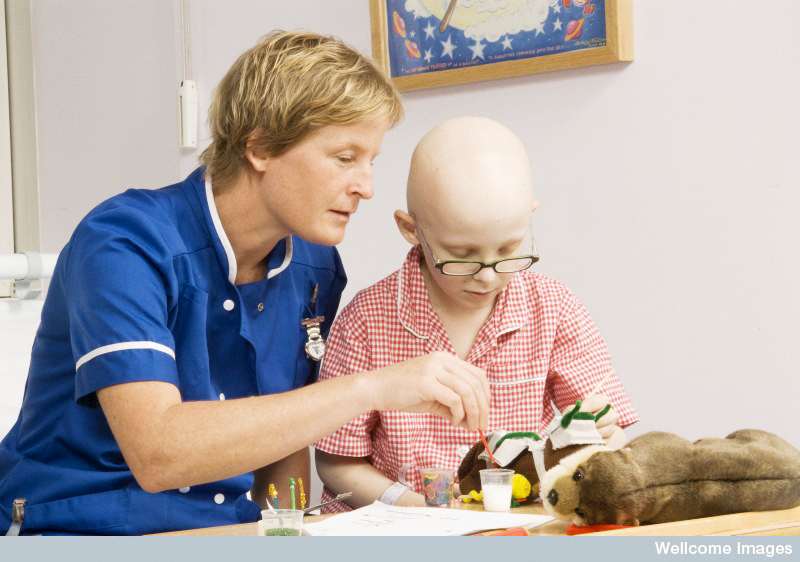News and features
Read the latest news and features about our world-leading research, discoveries, fundraising and philanthropy. If you want to keep updated on our news, you can follow us on social media or sign up for our Search newsletter.
If you’re a journalist and want to find out more, you can contact our media relations team.

Designing precision drugs for children’s cancers
Over the last decade, advances in technology have triggered an explosion in our knowledge about the biology of adult cancers – but we know far less about what causes cancers in children.

High quality of our clinical trials confirmed
The Institute of Cancer Research, London, has successfully retained its status as one of the UK’s specialist centres for designing and running clinical trials.

Clinical trial tests new combination treatment for advanced prostate cancer
Scientists hope to reverse resistance that can develop to the next-generation prostate cancer treatment abiraterone by combining it with a promising experimental treatment, and believe the combination also has potential when given at an earlier stage to prevent resistance developing.

Breast cancer patients with gene fault at increased risk of disease returning
Women with breast cancer who have inherited a damaged version of a gene called CHEK2 are at increased risk of dying from the disease, a major new study reports.

The promise of immunotherapy - and bridging the funding gap
The ICR's Professor Paul Workman, has featured in a BBC Newsnight investigation into promising new cancer treatment approaches including immunotherapy – and the financial stumbling blocks that could stop these advances reaching patients.

New breast cancer test will help women avoid unnecessary chemotherapy
A new genetic test for breast cancer will help identify those women who should be considered for chemo, and those who can avoid it, say ICR researchers.

From caterpillars to cancer
How researchers are beginning to exploit the mysterious phenomenon of epigenetics

Reaction to the Comprehensive Spending Review
The ICR's Chief Executive, Professor Alan Ashworth, comments on the potential impact of today's budget announcements on scientific research in the UK.

New national guidelines on breast cancer screening
Read our response to today’s launch by NICE of new national guidelines on familial breast cancer, which expand access to BRCA testing.

First stage study finds potential new drugs for childhood cancer
Scientists at the ICR have made a step towards new targeted drugs for children with the highest-risk form of a childhood cancer called neuroblastoma.

Video: New targeted drugs for childhood cancer pass first hurdle
Scientists at The Institute of Cancer Research, London, have made huge progress towards testing two new targeted drugs for children with the highest-risk form of a childhood cancer called neuroblastoma. Pre-clinical study results show that the growth of cancerous neuroblastoma cells with an overactive MYCN gene were disrupted after treatment with two Aurora kinase inhibitors called MLN8054 and MLN8237. Dr Louis Chesler, who co-led of the study, tells us more about the difficulties in treating neuroblastoma, and how these new drugs may be used to treat children.

Testing micro-RNAs could aid myeloma diagnosis
Tiny pieces of genetic material called micro-RNAs – miRNAs for short – could help improve diagnosis in people with myeloma, a study at The Institute of Cancer Research, London has shown.
